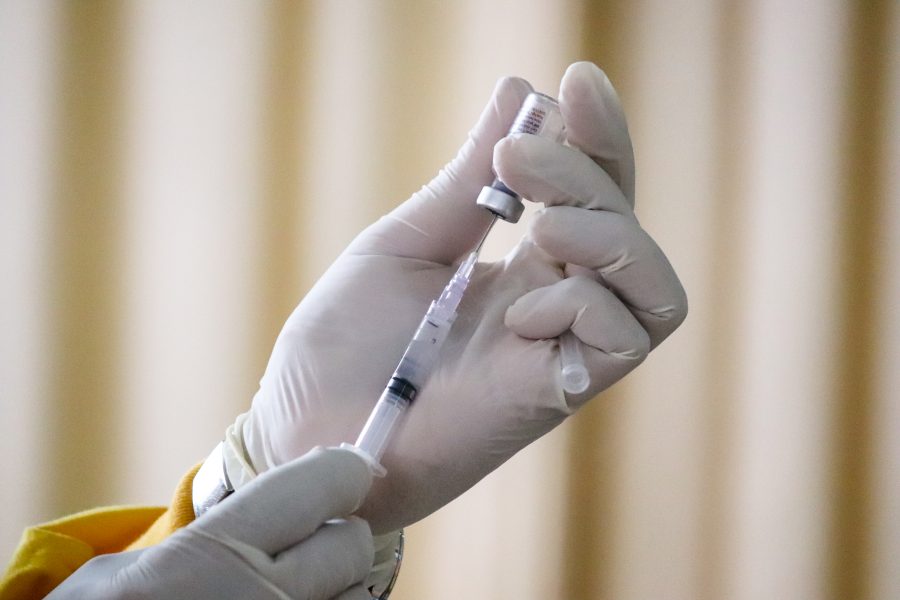With the holiday season taking off in full swing, and with people returning from Thanksgiving and prepping for upcoming winter holiday travels, concerns about a new variant of the COVID-19 virus are emerging. The World Health Organization classified the Omicron variant, following the Greek alphabet, on Friday, Nov. 26.
What exactly is the omicron variant? Where did it come from?
The Omicron variant, according to the WHO, was first detected in South Africa.
“The WHO announcement marks the first time in months that it has classified a COVID-19 variant as the highly-transmissible ‘variant of concern.’ The classification also applies to Delta, which has become the world’s most prevalent variant,” according to NBC Boston.
Many countries across the globe have put travel restrictions on a number of southern African countries over concerns of the transmissibility of the variant.
Australia, Brazil, Canada, the European Union, Iran, Japan, Thailand and the U.S. have put travel restrictions on southern African countries.
Cases for the variant have already begun to be reported in the U.K., Belgium, Israel and Hong Kong. The first U.S. case of the omicron variant was confirmed in California on Dec. 1.
“With so much uncertainty about the Omicron variant and scientists unlikely to flesh out their findings for a few weeks, countries around the world have been taking a safety-first approach, in the knowledge that previous outbreaks of the pandemic have been partly fueled by lax border policies,” according to NBC Boston.
The WHO reports, “Understanding the level of severity of the Omicron variant will take days to several weeks.”
What exactly does all this mean for Massachusetts?
Governor Baker weighed in on Twitter on Friday, Nov. 26, agreeing with President Biden’s travel restrictions from South Africa and other southern African countries, saying: “This is the right move until the medical community can learn more about this new variant. Getting a vaccine and a booster remains the best way to keep you and your family safe.”
WCVB reports: “Gov. Charlie Baker said Monday [Nov. 29] that his administration is trying to make it easier for residents to bolster their protection against the coronavirus by getting a booster shot, but says the state will not be bringing back previous restrictions that had been in place during the height of the COVID-19 pandemic.”
“I continue to believe the best thing people can do to protect themselves from any of these variants is get vaccinated if you’re not and get a booster if you’re eligible,” stated Governor Baker.
According to Mass.gov, the total number of fully vaccinated people in the state as of Nov. 30 is almost 5 million people.
Baker “said about 1 million people in Massachusetts have already gotten a booster shot and that the state is currently administering about 55,000 vaccine doses—first shots, second shots, and boosters—on average each day,” according to WCVB.
Booster shots in Massachusetts are now available for anyone over the age of 18. According to Mass.gov website, you are eligible for a booster for Pfizer and Moderna if it’s been six months since your second dose, and for Johnson & Johnson if it’s been two months since your first dose.
Boosters in Massachusetts are free. In order to find where you can receive a booster shot, you can visit vaxfinder.mass.gov for a list of locations across the state.
For more FAQs visit the Mass.gov website, https://www.mass.gov/info-details/covid-19-booster-frequently-asked-questions

